Spring is a great time to have a baby (I think). You get the summer
off to enjoy the new baby, it’s getting warmer and the farmer’s markets
come back. But, I am not the only one who is planning to deliver in the
next few weeks; many of Maine’s white-tailed does will be joining me in
adding to the population.
Does will typically give birth in fields and along the tree line
where they are comfortable and not in too much stress. As we get out
and about more to enjoy the changing seasons, it is vital that we stay
away from does that may seem like they are in trouble (they could be
pacing or have their tail up) because they are getting ready to fawn and
do not need the added stress. The bulk of the fawning will take place
from the end of May until the middle of June.
Once a doe has her fawn(s), she will leave them in hiding for the
majority of the day so she can feed. The doe will normally return to
feed her new fawn 2-3 times a day. Like all new moms, these does need
about 30-40% more energy than other does, in order to keep themselves
and fawns healthy.
Here is the biggest issue we face as outdoor lovers:
The long absences can cause people who come across the fawns to think
that the doe has abandoned them. During their first week of life, fawns
will remain in hiding when the doe is not around, or if they are being
threatened, as opposed to running. After the first week, fawns are
capable of avoiding a predator on foot, but they still might want to
hide instead. Like any newborn, the first few weeks of a fawn’s life
are the most critical and it’s really important
that people do not handle them! A doe knows exactly where her fawn is
and assumes they are safe there until she can come back to them.
Too many people are uneducated about this and assume that when they
come across a fawn that is alone, it must be abandoned. They pick up
the fawn and remove it from its home and take it away from its mother.
So, I beg of you PLEASE PLEASE PLEASE do not touch a fawn if you come across one in the woods or in a field!!! Chances are the doe is nearby and knows exactly where her baby is.
Keeping the fawns in the woods is the only way to ensure that the deer population can continue to grow and be healthy. Last year, the Game Wardens and rehabilitation sites across the State saw a record number of fawns being brought in because people through they were abandoned. We need to trust the natural instincts of this animal. I want to ensure that there are more healthy fawns in the deer herd that can grow up and continue to help the rebuilding process. The only way to do that is to leave them alone if you find them in the woods!
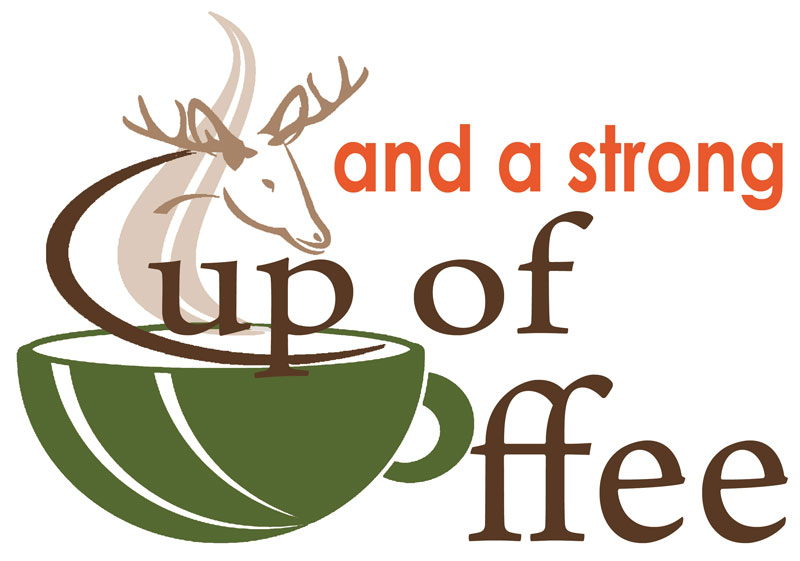
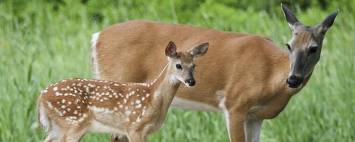





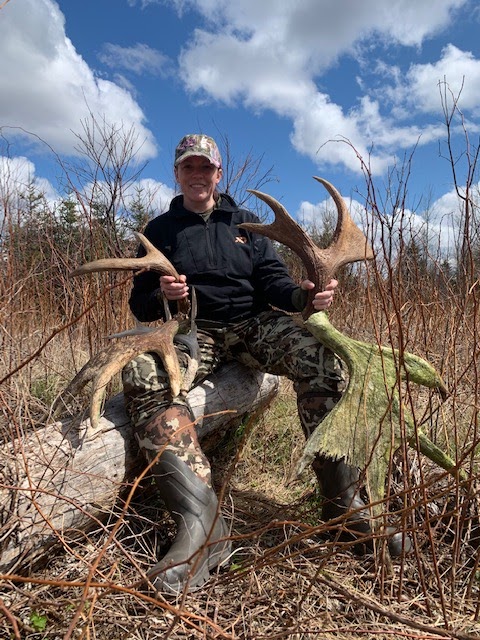
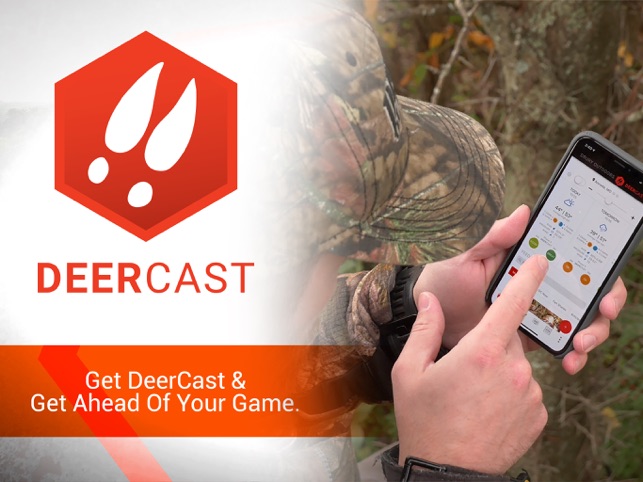
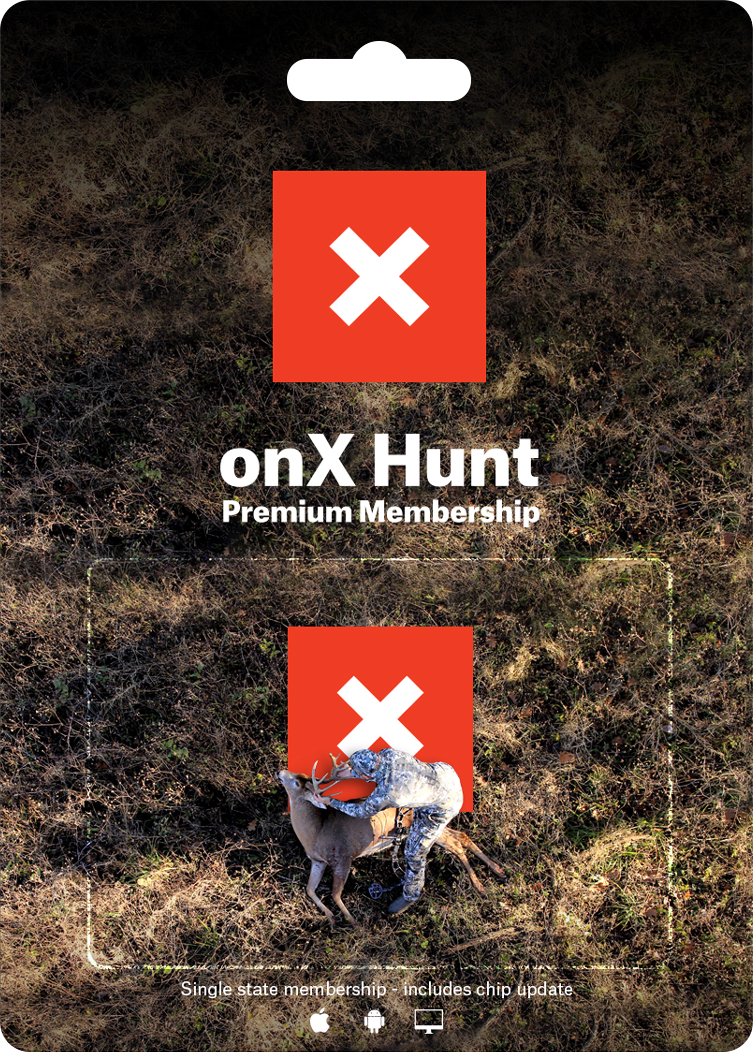

Very good post, thanks for sharing.
Thanks Rick! The more we can spread the word, the better. People think they are helping but really they are hurting the deer.